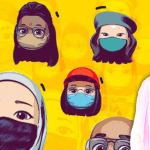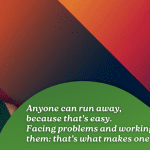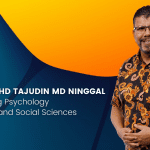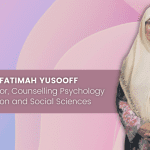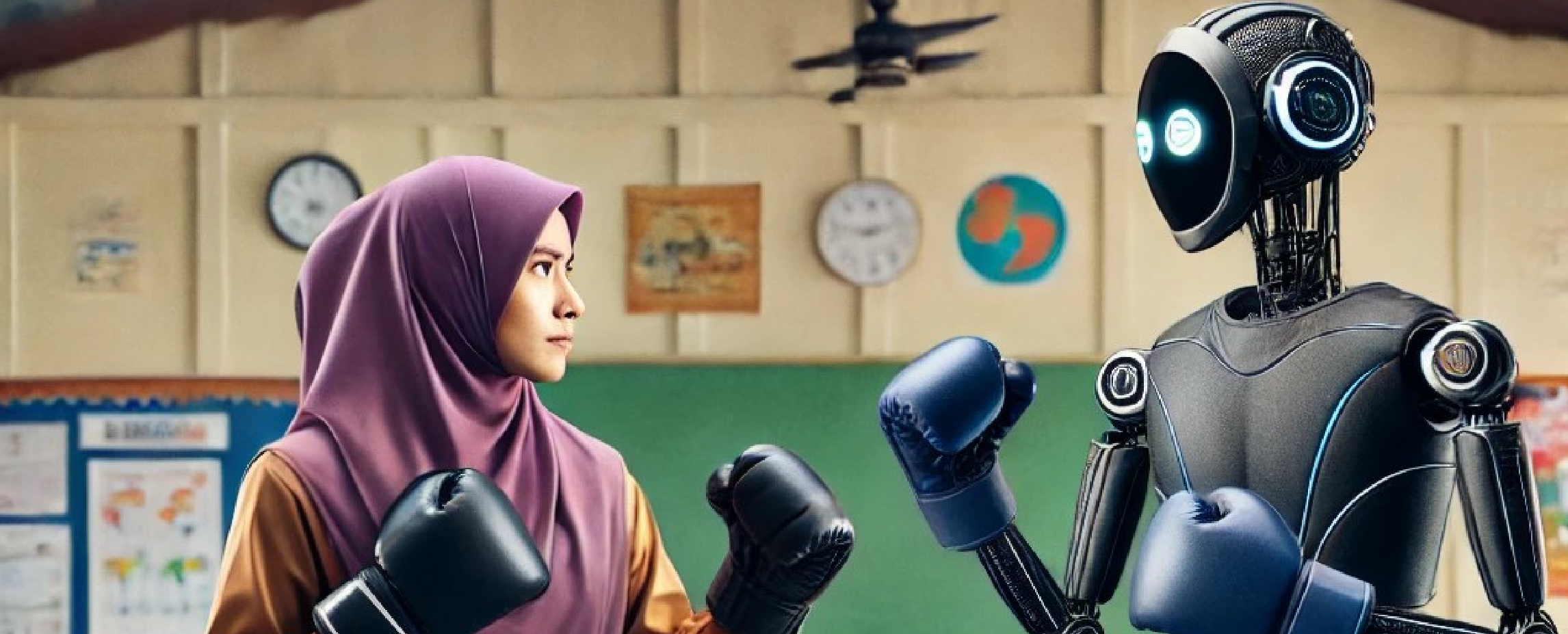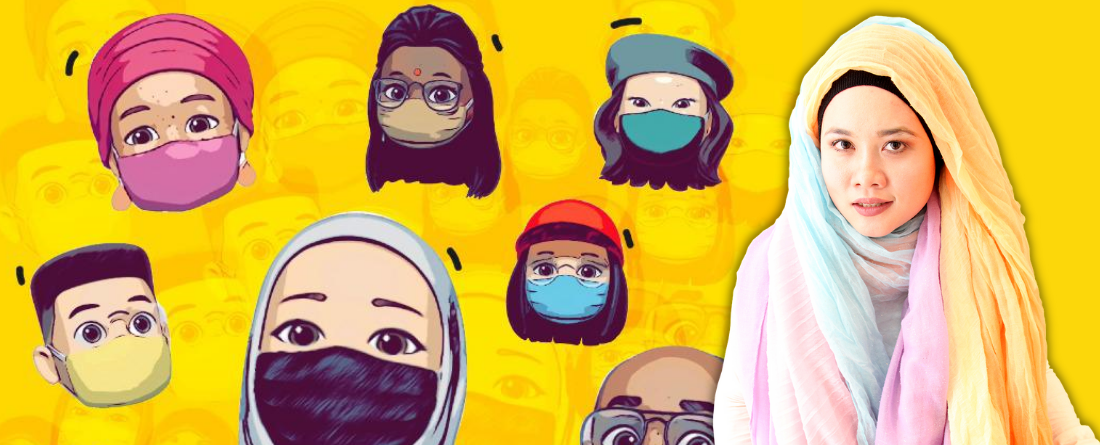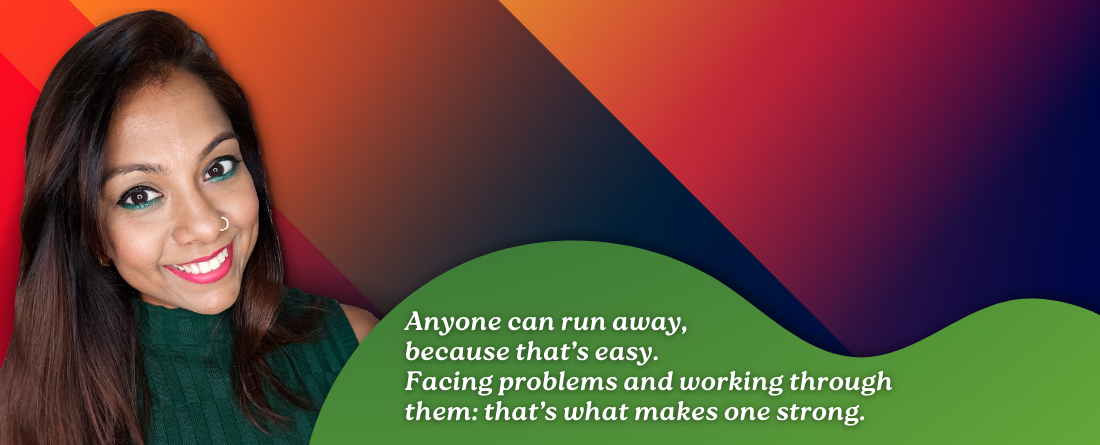The world of education is evolving rapidly, and one of the biggest drivers of this change is AI-powered tutoring systems. These high-tech tools are making waves in the classroom. AI tutors have already made a big impact, helping students reach their learning outcomes more effectively. But as we welcome these new technologies, it is important to ask: can they really replace human teachers?
We know that AI tutors have impressive capabilities to customise lessons and feedback for individual students. They use advanced algorithms and data analytics to monitor how students perform in real time, adjusting the difficulty of tasks and offering targeted help as needed. This can ease some of the burden on teachers, who often have to juggle the diverse needs of many students at once. But even with all these smart capabilities, AI still can’t do everything a human teacher can.
One thing AI lacks is the “human touch”– empathy, encouragement, and the ability to connect with students on a personal level. These qualities are key to creating a positive learning environment, one that motivates and engages students. While AI can provide information and track progress, it can’t offer the emotional support that can make a huge difference in a student’s learning experience.
Teachers also play a vital role in helping develop critical thinking, creativity, and problem-solving skills. Teachers know how to ask the right questions, lead to meaningful discussions, and spark curiosity – elements that are essential for a well-rounded education. These human insights and instincts simply can’t be replicated by machines.
Education is about more than just learning facts and figures. It’s also about nurturing students to become ethical and culturally aware citizens. Human teachers are better suited to handle the social dynamics, moral questions, and cultural nuances that come up in the classroom. They can model and teach values like respect, inclusivity, and empathy, preparing students for the diverse world we live in.
In the end, while AI-powered tutoring systems offer fantastic benefits like personalised learning and data-driven intelligence, they can’t replace the many roles that human teachers fill. At the same time, human teachers can’t offer the same level of tailored data-driven support that AI can.
The future of education likely lies in a partnership between AI and human teachers, where each contributes their unique strengths. By collaborating, we can create learning environments that are not only more effective but also more caring, inclusive, and responsive to the needs of all students.

